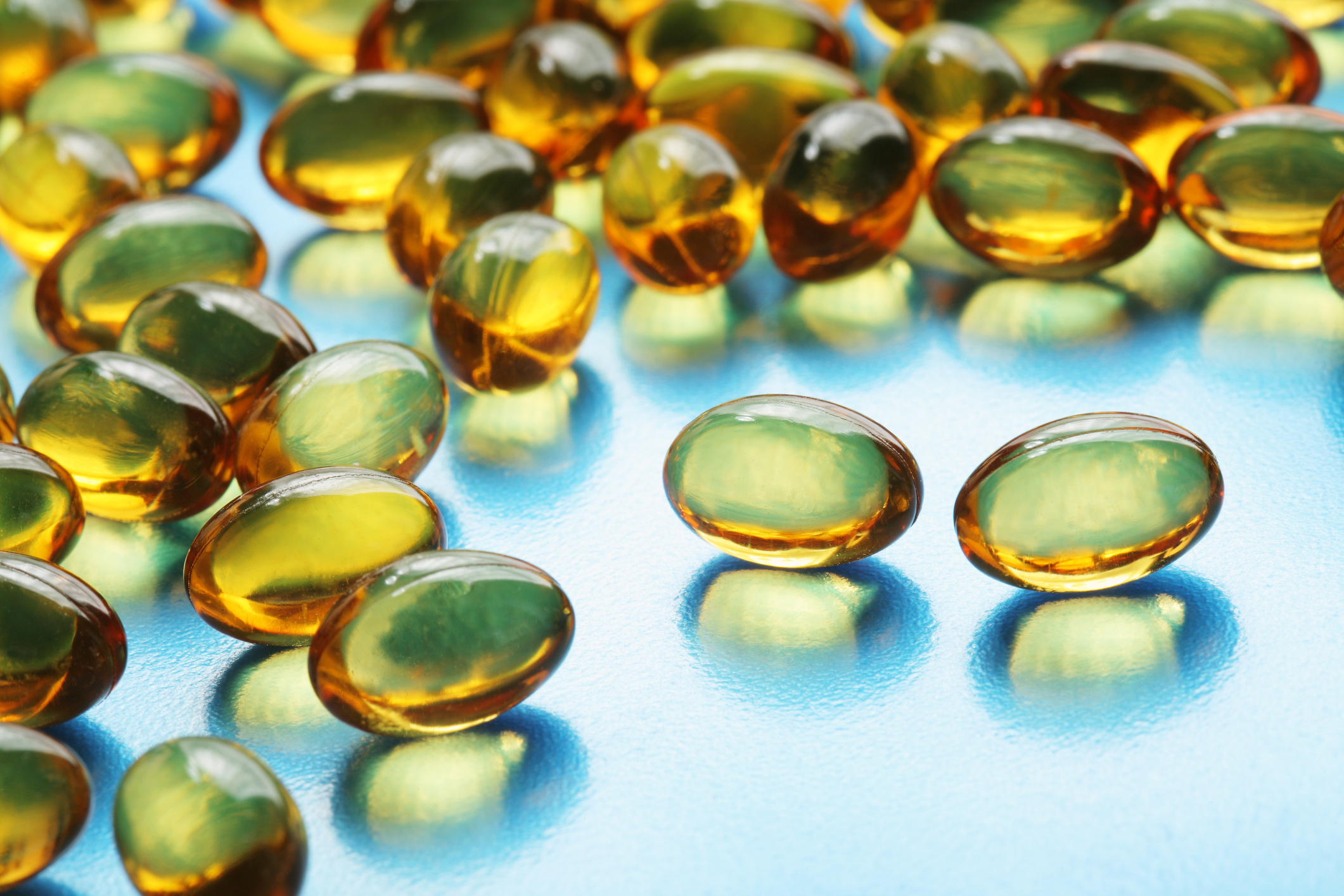The Turkish Ministry of Agriculture has just added the ingredient, produced by global suppliers Natures Crops International (NCI), to its federal positive plants list, clearing the path for its use in supplements and functional foods in the country.
“Being able to introduce a deeply researched and science-based, plant derived alternative to fish oil into this important market is very exciting,” said Andrew Hebard, founder and CEO at NCI. “The global supply of fish oil has become of increasing concerning to brands and their customers. We believe Ahiflower can be part of the solution to sustainable supplies and pricing.”
Meanwhile, a new randomized crossover trial, published in Frontiers in Nutrition, has studied the effects of the oil on circulating omega-3 levels by measuring omega-3 oxylipin changes in humans and in cultured hepatic cells to discover its unique mechanism of action.
Ahiflower oil
Oil from Ahiflower (Buglossoides arvensis) reportedly offers the highest levels of non-GM omega-3 essential fatty acids among commercially available dietary plant oils, combining alpha Lipoic acid (ALA) and high levels of Stearidonic acid (SDA). It also offers GLA (gamma linolenic acid), an omega-6 essential fatty acid, and oleic acid, an omega-9 fatty acid, to complement the overall healthy profile of this plant oil.
It has long been accepted that there is low conversion of ALA, the predominant omega-3 in plant sources such as flax, chia and hemp, into EPA, one of the two (along with DHA) omega-3 fatty acids for which most of the research on health benefits has been done. Most experts peg this conversion at as low as 3% to as much as 20% for vegetarians. The proportion of ALA converted to DHA is small.
SDA, on the other hand, converts to EPA at a ratio of 30% to 35%, and direct consumption of SDA is far more efficient than consuming large amounts of ALA.
The study
Led by researchers at the University of Kiel, Germany, the recent study recruited 29 healthy male volunteers to receive three sequential interventions: ahiflower oil (9 g/day), taurine (1.5 g/day) and ahiflower oil (9 g/day) + taurine (1.5 g/day) for 20 days.
In addition, cultivated HepG2 cells were treated with isolated fatty acids ALA, SDA, EPA, DHA as well as taurine alone or together with SDA.
Assessment of clinical biomarkers and fatty acid composition in the participants suggested ahiflower oil intake tripled EPA levels, whereas DHA levels were unaffected by treatments.
The in vitro study found EPA-levels in SDA-treated HepG2 cells were 65% higher than those in ALA-treated cells.
Taurine did not affect fatty acid profiles in human plasma in vivo or in vitro. SDA-rich ahiflower oil and isolated SDA led to an increase in EPA-derived oxylipins in humans and in HepG2 cells, respectively.
Further, consuming Ahiflower oil significantly raised a range of EPA oxylipins while slightly but significantly reducing some ARA (arachidonic acid) oxylipins and tended to lower ARA levels slightly.
The new evidence is consistent with Ahiflower oil’s recognized ability to exert an overall anti-inflammatory phenotype in mammals and humans via IL-10 upregulation and by providing a wider array of anti-inflammatory oxylipin precursors.
“Plant-derived ahiflower oil efficiently increases plasma EPA and corresponding eicosanoids and causes a distinct shift in the entire oxylipin pattern,” the Kiel authors wrote. “The present study provides substantial evidence that SDA is a more powerful modulator of EPA and DHA oxylipin levels than ALA.
“In conclusion, ALA and SDA-rich ahiflower oil could serve as an alternative plant-derived source to increase EPA levels in normal weight, healthy humans, while changes in DHA levels are not expected.”
Source: Frontiers in Nutrition
doi: https://doi.org/10.3389/fnut.2024.1359958
“Stearidonic acid improves eicosapentaenoic acid status: studies in humans and cultured hepatocytes”
Authors: Rimbach. G., et al
